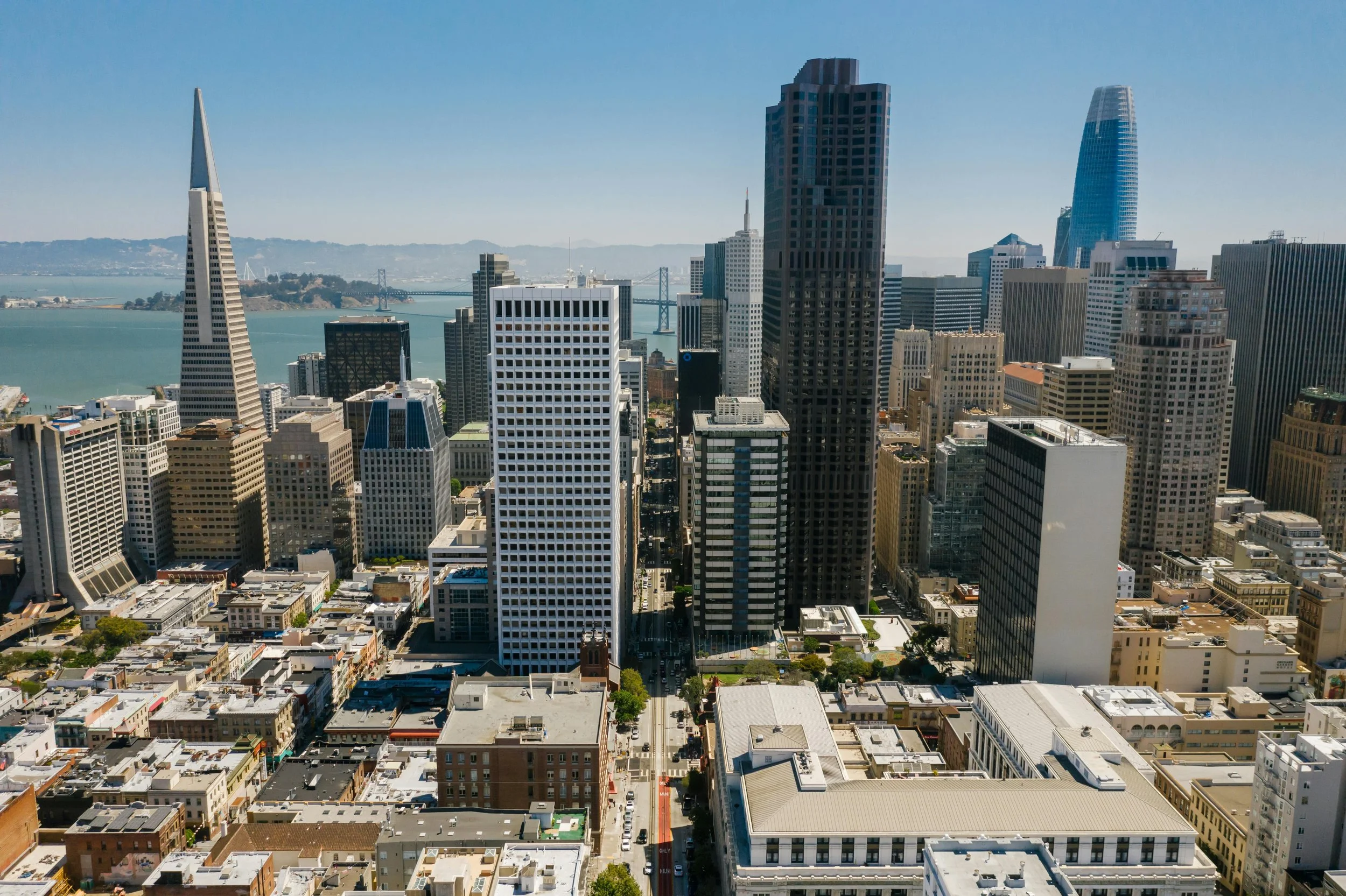Latest Writings
Take a minute to write an introduction that is short, sweet, and to the point. If you sell something, use this space to describe it in detail and tell us why we should make a purchase. Tap into your creativity. You’ve got this.

Why Nobody Can Own an Ecosystem (And Why Everyone Tries)
The most expensive mistake in ecosystem development is believing you can control what you create.
Silicon Valley didn't become Silicon Valley because Stanford owned it. London's fintech dominance wasn't orchestrated by the Bank of England. And despite decades of trying, no government initiative has successfully replicated these organic success stories by force of will or weight of capital. Yet every week, another corporation announces an "innovation ecosystem," another government launches a "startup hub," and another accelerator promises to build the next Silicon Valley.
They're all making the same fundamental error: believing that ecosystems can be owned.

The Formation Stage Crisis: Six Weeks That Determine Everything
The most important startup decisions happen before anyone is paying attention.
In six weeks, a startup makes choices that will haunt or propel it for the next six years. The technical architecture gets chosen. The founding team crystallizes. The cap table takes shape. The business model emerges from first customer conversations. The company culture begins to calcify around early decisions and desperate compromises.
By week seven, the die is cast. The startup that emerges from this formation stage carries the DNA of those frantic early weeks—architectural debt that will cost millions to refactor, founder dynamics that will explode three years later, customer promises that constrain every future product decision.
Yet this is precisely when startups are most alone.
